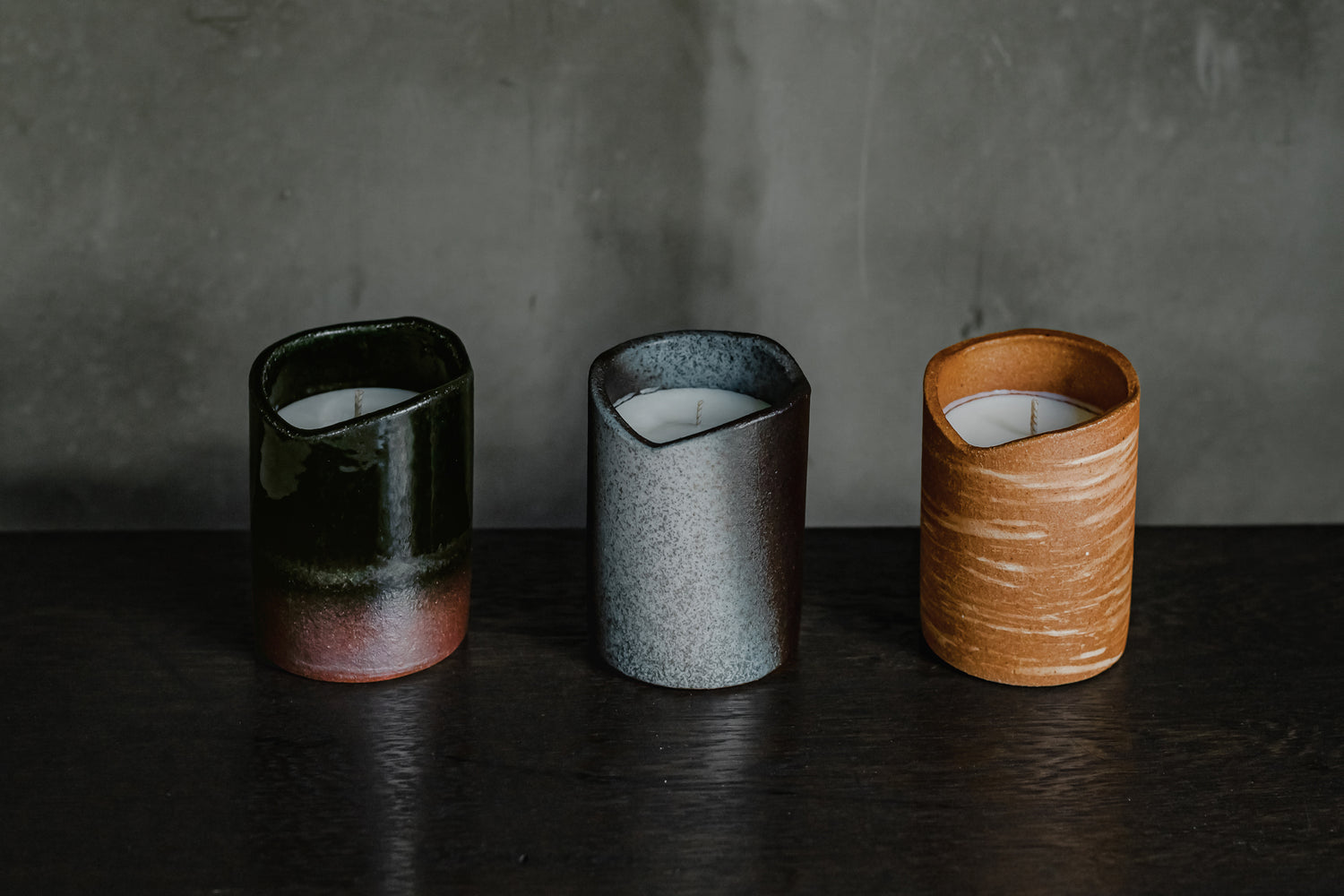December feels like the most gift-giving season of the year. The reason for this is probably the presense of Christmas. On the other hand, Japanese traditional gift called "Oseibo" have been a winter gift unique to Japan since ancient times. However, to be honest, in recent years the custom of Oseibo seems to have been overshadowed by Christmas. This time, we will take a look at the gift-giving culture that has become entrenched among Japanese people.

When we are little, we used to look forward to the presents that would arrive on Christmas morning.
With red socks, green trees, and sparkling illuminations, Christmas is an exciting and fun event not only for children but also for adults. Christmas Day, December 25th, is not the birthday of Jesus Christ, but a day to celebrate the birth of Christ (called Nativity). Christmas was first introduced to Japan in the 16th century by Jesuit missionaries. After that, Christmas disappeared several times due to domestic situation, such as World War II, but in the end, it has become deeply ingrained in Japan as a major winter event.
When it comes to Christmas presents, in other countries there are lots of presents for the whole family under the tree, but in Japan, there is an image of them being gently delivered to children's bedside on Christmas morning.
There tends to be a big debate among children about whether or not they believe in Santa, but children usually become aware of the fact in the upper grades of elementary school.
When it comes to winter gifts, most people probably think of Christmas gifts, but "Oseibo" gift is an ancient gift-giving culture.
Oseibo, as the chinese character suggests, is a gift given at the end of the year. It is usually given from the beginning of December until around the 25th, but since it coincides with Christmas, you need to be careful about the timing of the gift.
The origin is that at the beginning of the year, offerings were made to the Toshigami (the god who brings good fortune to each family during the New Year) and the spirits of ancestors as a token of gratitude. As for who you can gift it to, there are basically no restrictions as long as you want to express your gratitude, and the gift is meant to express the feeling of "thank you for your help over the past year.'' Midyear gifts given in the summer are meant to convey gratitude for half a year, but year-end gifts are a gift that conveys gratitude for one year, so they can be said to be even more important gifts than midyear gifts.

To be honest, especially for the younger generation, the year-end gift culture is hidden in the shadow of Christmas and is not very familiar with it. Gifts between companies have also decreased recently. The reason seems to be mostly from the perspective of abolishing a custom called kurei (meaning something that is just a formality without emotion).
Year-end gifts are a culture of gift-giving that is originally meant to cherish the connections between people and give seasonal items to each other.
We would like to prepare a gift that is not just to be polite, but also takes into consideration the season and who is the recipient. This year, in addition to purchasing Christmas presents, why not consider buying a year-end gift for someone you care about everyday life?

